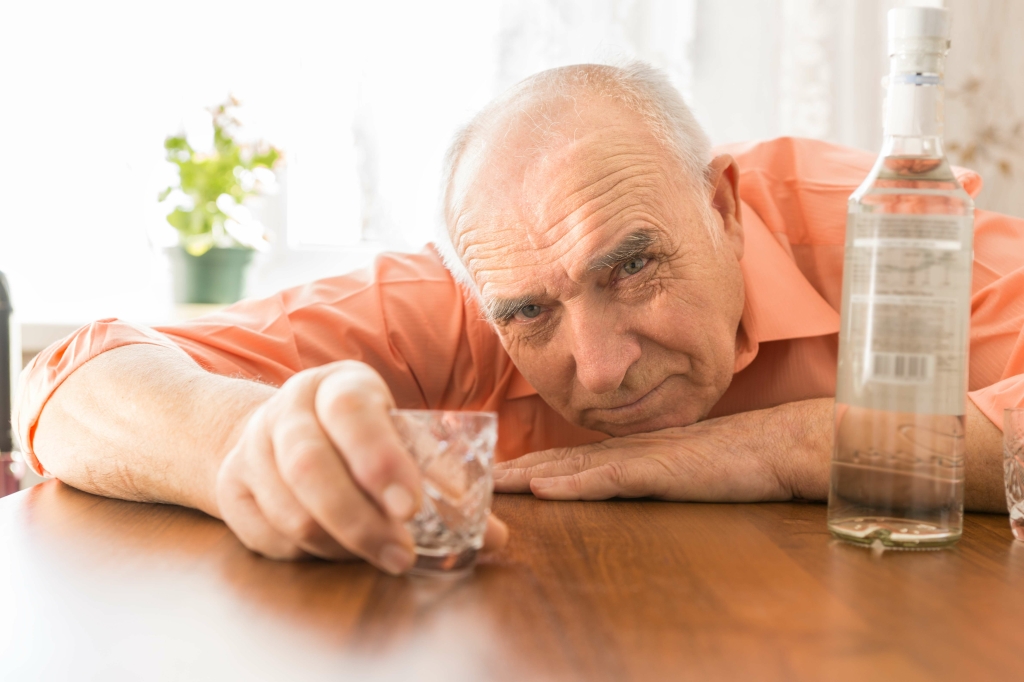Maintaining Sobriety around Friends who Consume Alcohol
People in recovery from a substance use disorder frequently have problems meeting work-related responsibilities, maintaining employment, and managing money. If you were active in your addiction for a period of time, you may http://dumso.ru/news/dumso-i-rodnik-gotovyatsya-k-festivalyu-blago-daryu.html have developed financial problems. In the beginning of your recovery, you have to be mindful of what you interact with.

What Is The Fear Of Failure In Sobriety?
So we went along, we were independent, we had our own transport sorted and I’d gained my partner’s support. I knew that, as soon as I told him I was ready to go now, he’d be supportive of me and we could leave. Because I knew it was going to be challenging for me, I made sure we didn’t get involved in giving other people lifts.
Addiction Treatment Programs
- Even if you have no idea HOW things can change, trust the process and keep working on it.
- In addition, any person who feels intense cravings may gain significant relief by making dietary changes or seeking help from a doctor or trained addiction specialist.
- One element of what we do through the personal coaching support at Go Get Sober is to encourage you to retrain your brain through listening to some mindfulness breathing audios.
- Exercise can relieve stress and anxiety, improve mood and release feel-good neurotransmitters.
- One patient told me that his father — who he knew liked a drink — always abstained when they were together in drinking situations out of solidarity and support for his son.
- Seek out individuals who appreciate and respect your choices.
- If you were active in your addiction for a period of time, you may have developed financial problems.
Being sober is the complete http://auto-dom.org/portativnie-pleeri/deso-tf-dvd7380e.html abstinence from addictive substances. Even those overcoming drug use should avoid alcohol to prevent replacement addiction or to further relapse prevention skills and instead focus on the development of their sober lifestyle. Think about which friendships will be supportive of your sober life going forward. Consider which people are positive influences in your life. Some friendships are based primarily on drinking and won’t continue to work during sobriety.
- A good alcohol relapse prevention plan will help to recognize possible triggers and warning signs and prepare for what to do if one experiences triggers or cravings.
- One of the most immediate and noticeable advantages of sobriety is avoiding hangovers.
- It’s a great way to boost dopamine and endorphin levels naturally.
- Staying busy is a great way to stave off boredom and create space for healing the parts of your brain that took a walloping from drinking.
How to Be Around Alcohol and Not Drink?

While sobriety has many positive benefits, an individual will also have to make some concessions and changes that can be difficult. Sobriety is a constant journey of change, which can feel overwhelming at times. Addiction can fundamentally affect your brain chemistry and perceptions, and being sober prompts a “rewiring” of many of these neural pathways. Sobriety is a time of change – mentally, physically, and even spiritually. By Buddy TBuddy T is a writer and founding member of the Online Al-Anon Outreach Committee with decades of experience writing about alcoholism.
- I’ve included this separate from hobbies because I don’t believe that journaling is a hobby.
- It’s particularly therapeutic to find something to do with your hands.
- What needs to happen is for you to learn to navigate the world around you with alcohol in it.
- This shift has been instrumental in encouraging open dialogue about the impact of alcohol on mental and emotional well-being.

In fact, only 6.5 percent of adults with alcoholism get treatment each year. While the 1-year-sober mark is critical to passing, those who do are not suddenly out of the woods. A sober life is lived one day at a time, and each day has the potential for relapse. Studies have examined individuals who began drinking again after 16 years without alcohol. This form of withdrawal symptom is called Post-Acute Withdrawal Syndrome (PAWS).
Most alcoholics who have been sober for years are still at risk of relapse because cravings evolve once they are addicted to the substance. Stress from work, driving past a former hot spot, attending a party, looking at certain pictures can trigger cravings. The problem with cravings is this, for an alcoholic, it https://beauty-blog.org/how-to-get-rid-of-blackheads-on-your-inner-thighs/ can last for hours, weeks, even months, and it can affect a person’s overall mood and behavior.
